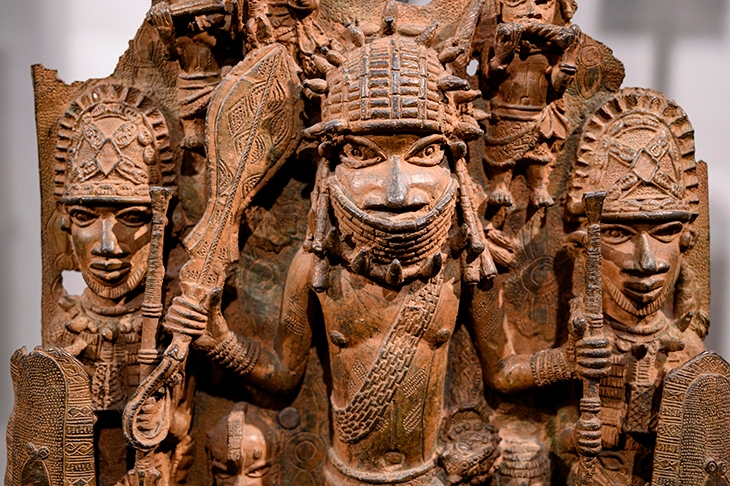By Grace Chigbu
A recent development in the ongoing global conversation surrounding cultural restitution involves a significant legal ruling from a US court. A case that questioned the repatriation of 29 valuable Benin Bronzes to Nigeria has been dismissed by the court, shedding light on a contentious issue that has captured international attention.
The decision, signed by US District Judge Christopher Cooper and revealed on Wednesday, provides deeper insight into the matter. The Benin Bronzes, a collection of historic artifacts and artworks, have long been at the heart of debates concerning their rightful ownership and return. This legal action specifically challenged the planned repatriation of 29 pieces of the Benin Bronzes to Nigeria.
The Benin Bronzes trace their history back to the British raid on the Kingdom of Benin in 1897. This raid resulted in the plundering of the royal palace and the looting of numerous artifacts. Approximately 3,000 of these valuable Benin Bronzes were subsequently dispersed across museums and private collections globally.
In recent years, the Nigerian government has been engaged in discussions with various foreign counterparts to secure the return of cultural artifacts, many of which were taken during the colonial era. Notably, a handful of countries, including The Netherlands, Mexico, Scotland, the United Kingdom, and Germany, have either returned or agreed to return artifacts that were housed within their borders. This movement is part of a broader global initiative aimed at rectifying historical injustices and returning objects that were taken during colonial conflicts.
The decision at the center of this dispute emanated from the Smithsonian Institution, one of the world’s preeminent museums. In October 2022, the institution made plans to return 29 of the Benin Bronzes within its custody to Nigeria. The institution justified this decision by explaining that 10 items would remain on long-term loan in its possession. The provenance of these bronzes is diverse, including acquisitions through purchases, transfers, donations, and bequests.
However, this return decision was met with opposition. The Restitution Study Group (RSG), an African American organization based in New York, filed a lawsuit against the Smithsonian Institution in an effort to halt the repatriation process. The RSG argued that the return of these artifacts denied the descendants of enslaved individuals in America the opportunity to connect with their heritage. Additionally, they contended that the Smithsonian’s actions would exceed its authority, potentially breach trust relationships, and result in unjust enrichment for the receiving museum.
This legal challenge reached a climax in July 2023, when the US District Court of Columbia rejected the restraining order sought by the RSG. The court determined that the plaintiffs lacked legal standing and were unlikely to succeed in their claims. The court also observed that the RSG failed to assert a valid cause of action and did not demonstrate that irreparable harm would arise from the repatriation of the Bronzes. Notably, the court deemed the plaintiffs’ claims as ‘moot’ due to the fact that the title to the bronzes had already been transferred to Nigeria in October 2022.
In the meantime, certain portions of the Benin Bronzes have already been successfully repatriated to Nigeria. This includes recent returns from institutions such as London’s Horniman Museum and Gardens and a museum in Glasgow, Scotland.
The court’s dismissal of the lawsuit marks a significant moment in the ongoing discourse surrounding the restitution of cultural artifacts. It underscores the complexities and conflicting viewpoints that arise when attempting to address historical injustices and balance the interests of various stakeholders on a global stage.

